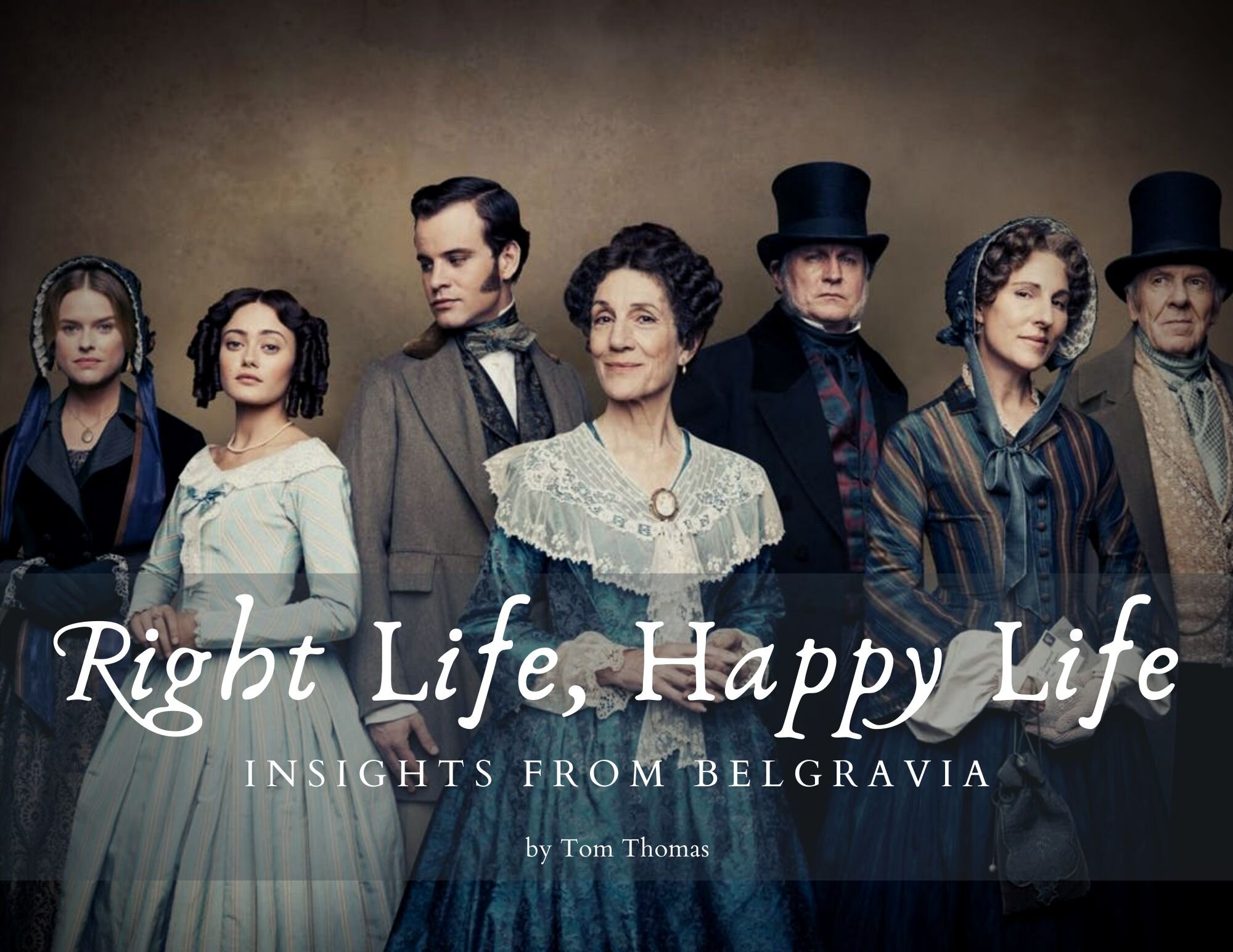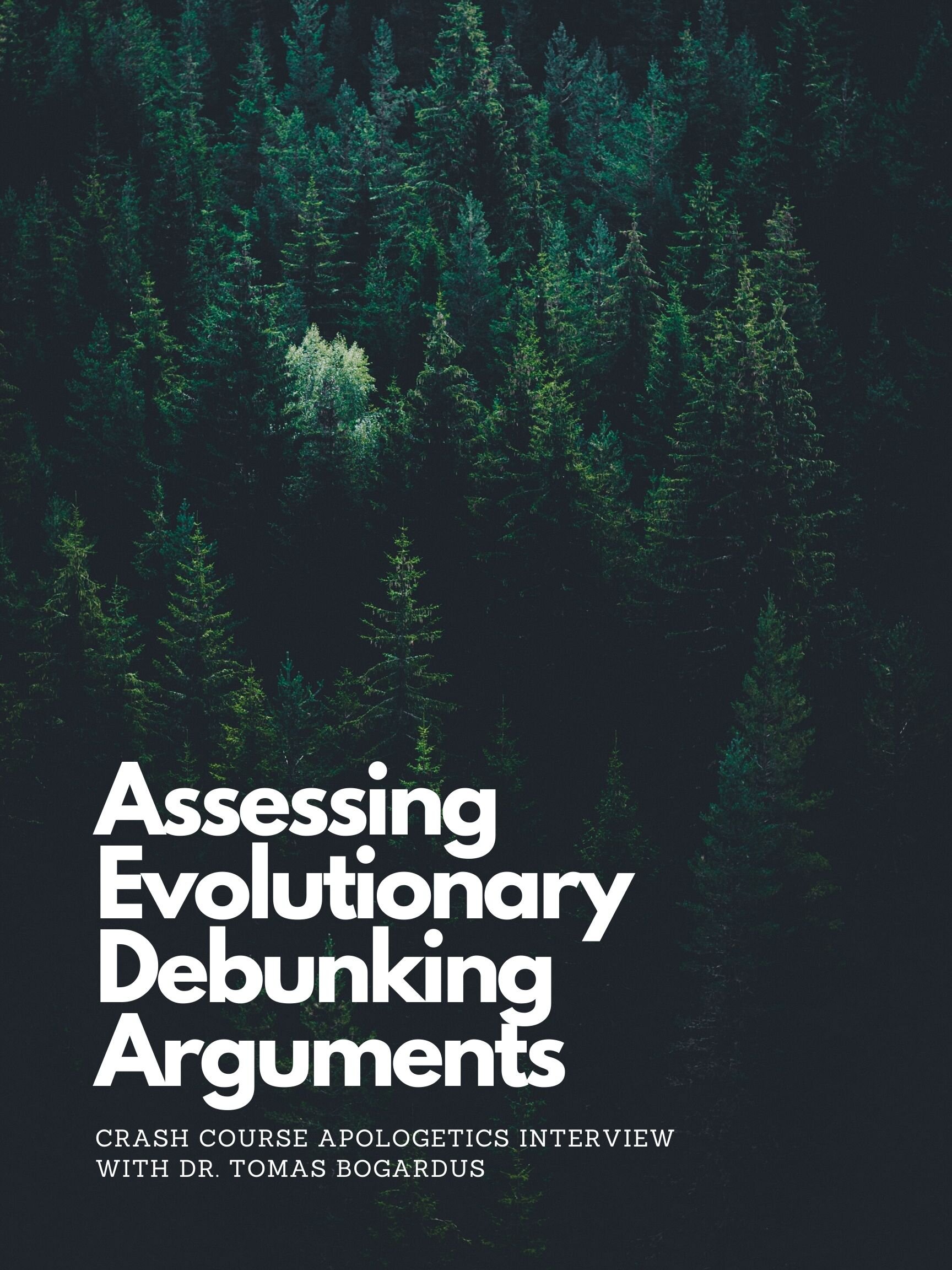New Developments in Moral Apologetics: Kevin Richard
/Editor’s note: Below is a summary of Dr. Kevin Richard’s doctoral dissertation work entitled: Tawḥīdic Allah, the Trinity, and the Eschaton: A Comparative Analysis of the Qualitative Nature of the Afterlife in Islam and Christianity.
The doctrine of eternal life raises certain qualitative and existential questions. Considering the unfathomable duration, one may rightly ask, what will that experience be like and will it be eternally satisfying? British moral philosopher Bernard Williams once stated that “nothing less will do for eternity than something that makes boredom unthinkable.”[1]
The prospect of eternal life creates a potential existential problem for humanity. The problem is potential because eternal existence creates a certain need, a need which can concisely be stated in this way: quality must overcome quantity. One can imagine becoming satiated with the pleasures and joys promised in religious Paradise. Consider this, at the first intimations of boredom, even if that moment took a billion trillion years to reach (if time is still measured that way), you would arrive at this moment relatively quickly given eternity as there would still be as much time in front of you as when you first stepped into this reality. One can further imagine that this boorish reality could quickly become hellish as pleasures and joy would continue to lose their appeal and boredom would increase and abound with no end.
Christianity and Islam have robust eschatologies and both teach that human beings are intended to live forever. Furthermore, this eternal life is presented as intrinsically good. I would submit that if they are in fact intrinsically good then each respective eschatological reality must overcome this problem of eternal duration if eternal life is something to be desired. My concern here is not with comparison between Paradise and Hell. Faced with the option to choose between the two, most rational people would embrace the former. But what if Paradise would eventually become hellish? What then? The notion of this paradisal life would not be a blessed reality, a divine gift, but the worst of all curses to befall mankind. Therefore, I am concerned with the goodness of Paradise as it is in itself. Does either faith tradition’s purported eternal bliss have the ability to eternally satisfy human creatures?
To answer that question, two fundamental assumptions will be made. If the answer is to be yes, that eternal life is intrinsically good, it would seem that two things must obtain in the afterlife. First, eternal pleasure would have to be found in and/or derive from the ultimate Good (i.e. God or Allah). Second, given that human creatures experience goodness in this life – love, happiness, relationality – and that for these creatures their telos is eternal bliss, then these goods in this life will be part of the life to come.
From these two assumptions emerge two “gap” problems, problems against which either religion can be critiqued: the Qualitative Gap Problem (QGP) and the Teleological Gap Problem (TGP). The QGP is perhaps the more obvious problem and is based on the previous statement “quality must overcome quantity.” This is an objective problem, either the quality of the experienced afterlife overcomes eternal duration, or it does not. Some may speculate that one simply could not know if this gap could or could not be overcome, and perhaps there is some merit to this point. In response to this, however, as was mentioned about, if God is the Ultimate Good, as both Christianity and Islam teach, then it would seem that he alone could be the source of a goodness that can overcome eternity’s demand. Here, one emerging thought becomes of ultimate concern: What is one’s relationship to God or Allah in the afterlife? One’s proximity to the divine, relational or otherwise, would weigh heavily on the gap being overcome.
The TGP is a subjective problem and considers how the ultimate good of the afterlife aligns with the human telos in this life and, consequently, human flourishing. The TGP considers three facts that highlight and emphasize the multi-dimensionality of human creatures:
1. Human beings have a physical dimension.
2. Human beings have a mental/spiritual dimension.
3. Human beings have a social/relational dimension.
These are the teleological realities in need of fulfillment in the life to come. If Islamic Paradise or the Christian Heaven is to be desired over the other, it will be because these subjective dimensions, which form our fundamental longings and aspirations, are met. Furthermore, this teleological consideration has theological implications. As Jerry Walls notes, “The question of whether we believe in God is another form of the question of whether the fleeting glimpses of joy we experience in this life are intimations of a deeper wellspring of happiness, or whether they are tantalizing illusions, shadowy hints of a satisfaction that does not really exist.”[2] Although Walls writes within the Christian tradition, his words apply equally within an Islamic context. Applying Walls’s question to both visions of the afterlife, are the experiences of this life intimations of a deeper “wellspring of happiness” or a “tantalizing illusion”? Do they have their place in the life to come? Also, what is the source of this wellspring, God or Allah, or another source?
Within the Islamic tradition, broadly speaking, there are two theological traditions concerning the rewards of Paradise in the afterlife. The first is the one that people are most familiar with, namely, the sensuous and exorbitant afterlife. The second is not so familiar but it comes from the Qur’an itself. In Surah 56, when humanity is judged before Allah, there are three possible outcomes. The wicked are cast into Hell, the righteous are granted Paradise, and then there are a select few, those in the middle, those whom Allah brings near. Their end will be proximity to Allah, their reward is nearness. This station is the ultimate one and is reserved for the select few who attain to that level of nearness on Earth.
But, as I see it, there is a problem with this notion of nearness to Allah. The doctrine of Allah (or Tawhid) teaches that he is One, without distinction, beyond all language and description, utterly transcendent. What then is nearness or proximity to the One? In short, Islamic philosophy teaches that as the other (man) approaches the One (Allah), the more the other diminishes and only the One remains. In the afterlife, then, proximity to Allah amounts to a quasi-absorption into the divine. It is in this state that the self is slowly annihilated as all creaturely distinctions fade out of view and only the divine reality remains. Proximity to Allah, the highest level of Paradise, reaches its culmination in the Beatific Vision, but at what cost? In this moment, the QGP is met, but what comes of the self? Overcoming this gap problem seems to entail willing self-annihilation.
Now concerning the Teleological Gap Problem, how does it fare? As was mentioned above, the traditional readings of Paradise in Islam connect the telos of man in this life with the life to come. In the life to come, all manner of sensuous pleasures and desires are fulfilled. Those intrinsic goods experienced on Earth are now surpassed 1,000-fold. But according to Islamic doctrine, proximity is lost. Those who attain to this level of Paradise are not near to Allah in any real sense. And so, while they may be fulfilled sensually and relationally, it is apart from the Ultimate Good. This seems problematic, for, on the one hand, if they maintain that love is an intimation of love to come in the afterlife, a good worth retaining, then what is the source of the experience of the good in Paradise? The source is not Allah, for his love is self-contained.
At this point, I would submit that there is a greater inherent dilemma for Islam than for Christianity. On the one hand, if the QGP (the objective problem) is to be met it will entail proximity to Allah. But as we see, proximity to Allah entails the annihilation of the human subject, which does not solve the TGP (the subjective problem). On the other hand, if the TGP is to be met, it will entail a severed proximity to Allah. In the physical depictions of Paradise, the TGP, the multi-dimensionality of human creatures, is met. But, at the same time, the QGP is not met because any meaningful experience with the divine is removed. The two gap problems cannot be met simultaneously.
This study argues that the Islamic view of the afterlife does not have the theological and philosophical resources to meet both of these gap problems simultaneously and must compromise on one in order to meet the other. Islam’s doctrine of Allah – Tawhid –raises the following question in need of resolution: “How does the divine overcome the unlikeness that exists between God/Allah and man and yet not annihilate the individual (the other) in the process?”
It is at this point where the Christian doctrine of the Trinity helps to bridge this impasse. Trinitarian love is the fundamental fabric of God’s nature. Instead of this love remaining an abstraction, unknowable through human perception, the triune God acted in human history manifesting the quality of divine love in full display. While humanity remained enemies to God and hostile to his lordship, the Word-made-flesh descended into creation to save and redeem all things. Through Jesus’ sacrifice on the cross, the quality of God’s immense love was demonstrated. In that moment, humanity was given a glimpse of the quality of love that has existed within the Godhead from eternity past. It is this kind of love that Christians identify as part of the ultimate Good. And not only is that love freely given, it made a way for humanity to experience true relationship with God. To know and be known, to love and be loved. The triune God’s love for man is a non-mystical reality, grounded in the very nature of the Godhead. Christians love God because, in a very real and direct expression, God loved mankind first (1 John 4:19). Humanity can embrace those good aspirations of love and relationality both because it is how God created human beings to be and because the God of Christianity has demonstrated it to the world in human history.
This study submits that the Christian view of afterlife overcomes both gaps because of the God/man relationship in Heaven focused supremely on, in, and through the God-man Jesus Christ. It is our holistic relationship to the Triune God that grants eternal joy for all of redeemed humanity. The Christian view of Heaven presented here coupled with the nature of the Triune God is a more desired reality. The teleology of heaven better accounts for and meets the needs of the multi-dimensionality of human beings. Each of the components of the subjective experience in this life are fundamental aspects of the life to come. It is through the relation with the Triune God of Christianity that the problem of eternity is met, where quality does overcome the quantity.
[1] Bernard Williams, “The Makropulos Case: Reflections on the Tedium of Immortality,” in Problems of the Self, (New York, Cambridge University Press, 1973), 95.
[2] Jerry Walls, Heaven: The Logic of Eternal Joy, (New York: Oxford University Press, 2007), 197.














































